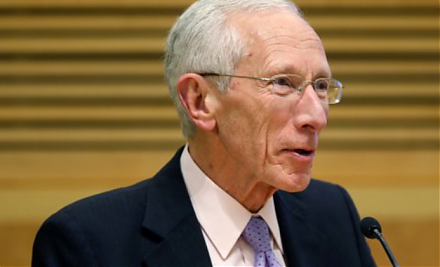

2019-06-21 13:33:00 Fri ET
technology antitrust competition bilateral trade free trade fair trade trade agreement trade surplus trade deficit multilateralism neoliberalism world trade organization regulation public utility current account compliance
Amazon and Google face more intense antitrust scrutiny. In recent times, Justice Department and Federal Trade Commission have reached an internal agreement to conduct independent investigations into these tech titans. Justice Department takes responsibility for Google antitrust matters, and Federal Trade Commission handles Amazon in light of potential consumer harm.
This internal agreement presages intense antitrust scrutiny. Google already faces antitrust fines in Europe due to the E.U. charges that the online search algorithms favor Google-driven software products. U.S. antitrust law focuses on the broader notion of consumer protection; however, smart algorithms help constrain Amazon retail price hikes. Federal Trade Commission conveys concern and suspicion that the sheer size and market power of Amazon may induce anti-competitive effects.
Limiting the market power of tech titans may be one of the few policy domains where Republicans and Democrats find common cause. Democratic presidential candidates such as Joe Biden, Bernie Sanders, and Elizabeth Warren call for greater antitrust scrutiny on the campaign trail. Also, President Trump and other Republicans accuse Amazon and Google of political bias. Justice Department and Federal Trade Commission either stimulate more competition in e-commerce and Internet search, or the regulatory agencies may consider breaking up Amazon and Google.
If any of our AYA Analytica financial health memos (FHM), blog posts, ebooks, newsletters, and notifications etc, or any other form of online content curation, involves potential copyright concerns, please feel free to contact us at service@ayafintech.network so that we can remove relevant content in response to any such request within a reasonable time frame.
2020-11-24 09:30:00 Tuesday ET

Many analytic business competitors can apply smart data science to support their distinctive capabilities and strategic advantages. Thomas Davenport and
2018-09-05 08:34:00 Wednesday ET

Citron Research short-sellers initiate a class-action lawsuit against Tesla and its executive chairman Elon Musk because he might have deliberately orchestr
2019-06-13 10:26:00 Thursday ET

The Chinese Xi administration may choose to leverage its state dominance of rare-earth elements to better balance the current Sino-U.S. trade war. In recent
2023-10-28 12:29:00 Saturday ET

Paul Morland suggests that demographic changes lead to modern economic growth in the current world. Paul Morland (2019) The human tide: how
2019-04-23 19:45:00 Tuesday ET

Income and wealth concentration follows the ebbs and flows of the business cycle in America. Economic inequality not only grows among people, but it also gr
2017-08-25 13:36:00 Friday ET

The U.S. Treasury's June 2017 grand proposal for financial deregulation aims to remove several aspects of the Dodd-Frank Act 2010 such as annual macro s